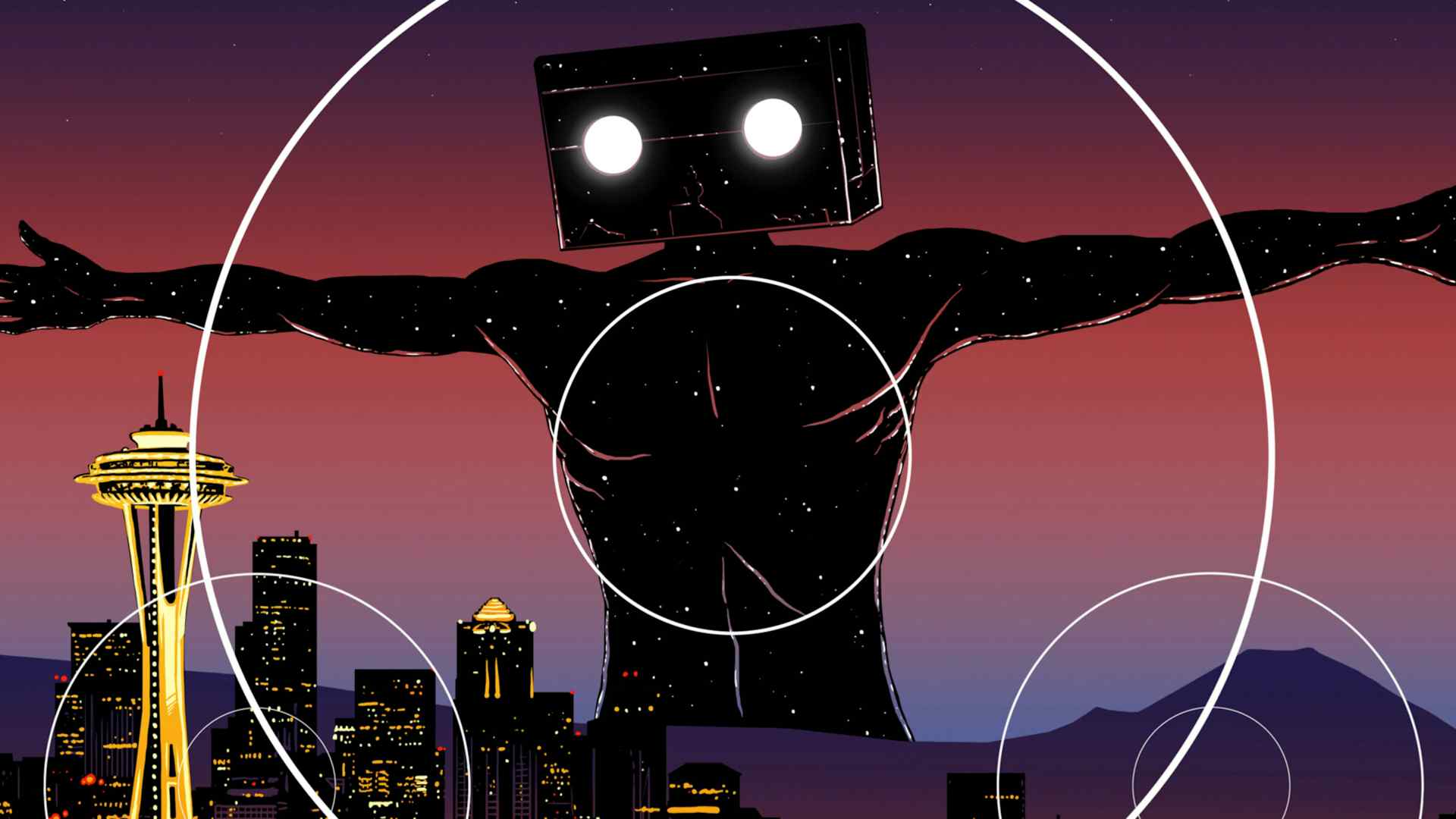Robert Horton is a Scarecrow board member and a longtime film critic. This series of "critic's notes" is chance to highlight worthy films playing locally and connect them to the riches of Scarecrow's collection.

The first thing you notice about the fourth Beverly Hills Cop movie is how crummy everything looks. And I don't just mean the ghoulish appearance of the main actors who've been associated with this series since 1982—anybody who regularly joked about how puffy the original Shatner-era cast members of Star Trek looked during that run of movies should apologize after this.
No, it's more than that. The director, first-time feature-maker Mark Molloy, comes from the world of advertising, and, if nothing else (and it is often nothing else), this sometimes indicates a facility with making stuff look nice and sparkly; the cinematographer is Eduard Grau, who shot Passing's black-and-white crispness. For that matter, you expect a Jerry Bruckheimer production to at least achieve a certain shiny-object slickness.
Nope. It looks crummy. Framed and lit haphazardly, the action sequences adrift in undefined space, Beverly Hills Cop: Axel F fails at all this stuff. Most annoyingly, it doesn't know how to look at its main attraction, a top-grade movie star.
Eddie Murphy needs to be seen in a certain way to let his genius show through. This film keeps him in a lot of close-ups (this Netflix production absolutely looks like a TV-movie), and constantly separates him from other actors. What we want is to see Murphy operate in space, interacting (and messing) with other people. He's practically in prison here. There are only a few moments where the longstanding moviemaking practice of letting Eddie Murphy improv around the script really pays off, including a funny bit in which Axel ponders the sound of his own last name, and why his daughter should use it.
Yes, Axel has a daughter (played by Taylour Paige, whose tartness from Zola is completely smothered here). You know what the movie will be when you hear this: estrangement, differing personalities forced to work together on a case, soul-searching, Axel's recognition of his own self-centeredness, reconciliation. Do you want to watch a Beverly Hills Cop movie about that? Does anyone? But hey, they got away with psychologizing James Bond, so why not this?
It is a grisly spectacle. There's a plot to ostensibly move it along, bringing the old crew together (Paul Reiser, Judge Reinhold, John Ashton), although actually the plot slows everything down. Kevin Bacon is along to flex his corrupt side—and while the casting is unimaginative, Bacon's focus and professionalism expose the laziness of everybody else walking through this. There are little one-scene roles for quirky people, in the tradition of this series, and the originator of that shtick, Bronson Pinchot, is also back. Pinchot does an expert double-take when he sees the genitals of a statue, and yet even though this sounds like a promising set-up for a few one-liners, that, sadly, is that.
The music is back, too, because fan service demands it. And if that weren't enough to trigger bad memories of Hollywood 80s movies, the irresponsible level of mayhem should do the trick. This film cheerfully rams into, blows up, and otherwise sideswipes a whole population of innocent bystanders, from Detroit to L.A., all in the service of yuks about Axel's renegade ways, haw haw. Yessir, nothing funnier these days than cops going outside the law and destroying things. All of the big action sequences are marked by this blasé approach, from the opening sequence of Axel stealing a snowplow outside a hockey game to a climactic shootout that has the kind of slo-mo taking-a-bullet gag that you thought had been parodied to death by 1988.
One final thought about this dismal exercise: Axel goes to a hockey game and steals a snowplow? Did it not occur to anybody that he could steal a Zamboni, that maybe there'd be some novelty there, some possibility for comedy? But no, in this and in every other way, Axel F doesn't have a clue.
July 12, 2024


